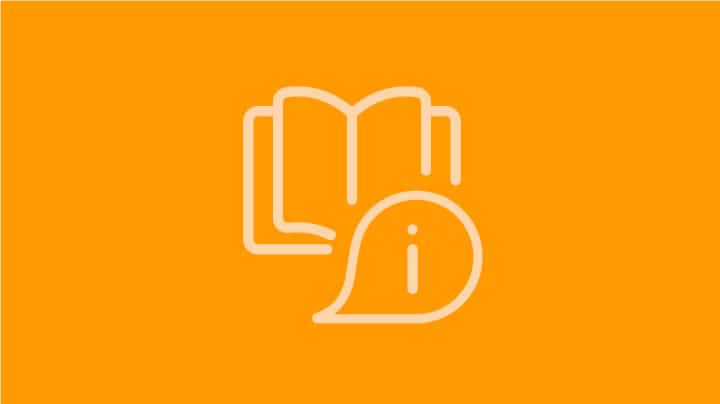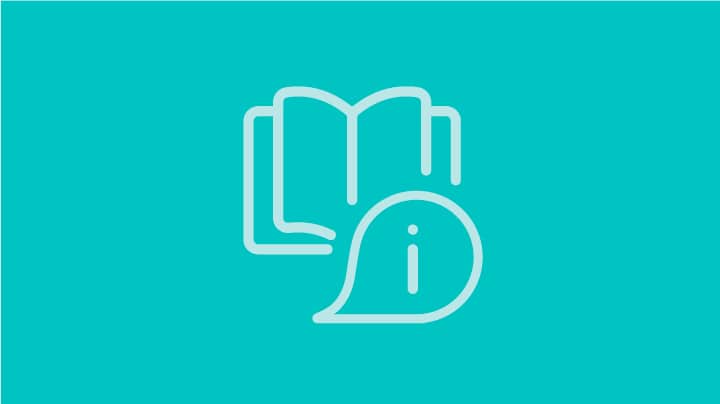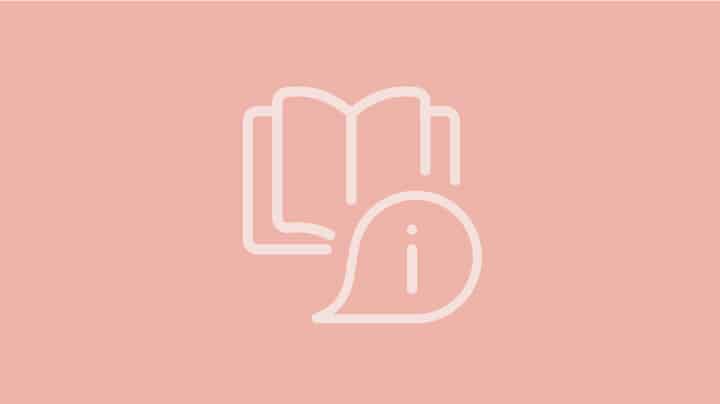Our HELPline – here for you 24/7
If you’ve experienced sexual abuse or sexual assault, it can feel really hard to talk to anyone about what you’re feeling and what you’ve been through. We know that. But you can reach out to us. We are a phone call away and our service is free and confidential. Call us now on 0800 623 1700.
We provide a 24-hour HELPline service for:
- Survivors of recent or historical assault and those disclosing abuse for the first time.
- Survivors dealing with the long-term effects of sexual violence (like flashbacks, self-harm, or any other difficult feelings).
- Anyone in the community who is concerned that someone else might be at risk of sexual abuse, or is supporting a survivor and needs help to do this well.
Don’t suffer in silence. Don’t go through this alone. We’re here. We understand. Call us now on 0800 623 1700

24/7 police support
If you contact the Police to report sexual abuse or sexual assault, our Crisis Team will be notified and will be able to support you throughout the Police process. We can answer any questions you may have, which will help you understand the process so that you can make informed decisions. See our FAQS below to find out more about what happens if you make a complaint to the Police.

24/7 medical support
We can support you to access medical care including any medical examinations organised by the police. We can also advise the best way to access these services that will help to check your physical wellbeing.
Note: If you’re experiencing any pain or physical symptoms relating to an assault, please consult with a doctor. If you feel it is an emergency, contact 111.

Face-to-face support
Our Crisis Team can assist with interim face-to-face sessions to help provide immediate support to survivors and their family after a recent assault. Early intervention can significantly decrease later trauma effects.
We will provide you with information and coping strategies while you decide on your next steps, whatever they may be. For some this means continued therapy at HELP or another provider. Others choose to do nothing at all. Whatever you decide, we’re here to help you in the meantime.

Ongoing support
We can provide or refer you to specialist counsellors and psychotherapists who can assist you. Our team can also help to refer you to other services that are best able to meet your cultural, gender or other needs – and if necessary, work with your existing counsellor or therapist to ensure your needs are met.
If your complaint goes to Court, we can also assist with support and information about – Justice Services.



